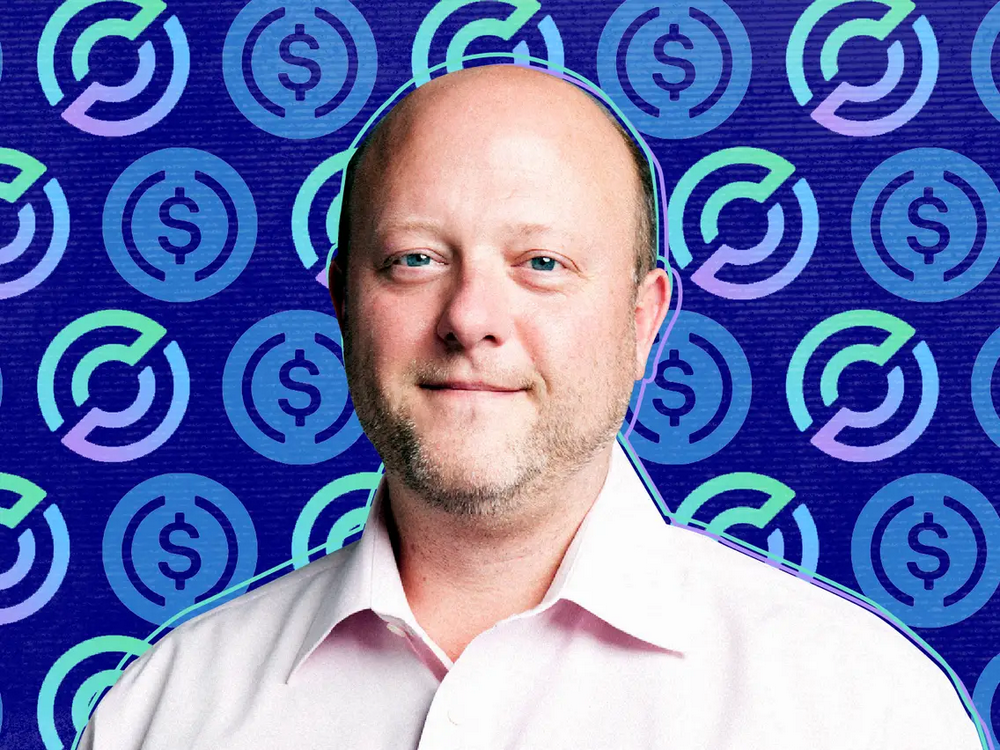Gartner: Two-thirds of the world's governments have a strong interest in blockchain
Nowadays, various industries are very concerned about and are experimenting with blockchain technology, especially government agencies. The industry’s blind enthusiasm for the blockchain has faded and replaced with a more pragmatic attitude. According to Gartner, a consultancy, two-thirds of the world's governments in 2018 have a strong interest in blockchain, and one in ten governments have tried blockchain technology. But by 2019, this situation has changed.
The agency believes that the fading of enthusiasm reflects a more sensible and rational attitude, and the wave of exploration that senior executives have been attracted to or afraid of falling behind has been replaced by well-designed sensible experiments. Government agencies considering the use of blockchain should ignore speculation and instead focus on the returns they bring and determine if it is necessary to use blockchains. As with all IT projects, CIOs should focus on the desired business outcomes, not the technology itself.
In Gartner's view, there are promising and practical blockchain use cases in the following areas.
vote. Many governments have expressed interest in the use of blockchains in voting functions, but few have used the technology in national elections. A number of start-ups have been piloted and demonstrated in countries such as the United States, Ukraine and Sierra Leone.
- Oh, the value of bitcoin is not as good as a set of cards.
- Which project is strong? Tether unexpectedly turned out to be the least hype, far below Bitcoin
- World Bank uses blockchain technology to issue more than $33 million in bonds
Digital asset market. The government’s interest in promoting and encouraging pure digital asset transactions or the digitization of physical assets allows the government to better manage its market infrastructure across industries, especially in insurance, utilities, healthcare, fisheries, agriculture, Regulated areas such as mining and water rights.
Humanitarian and social services. Many governments around the world want to be more effective in providing services to underserved populations in need, such as the United Nations World Food Programme and the United Nations Development Programme.
Improve efficiency. The idea of an efficiency project is to streamline transactions by using blockchains to improve efficiency. The use of blockchain technology can reduce incoherent processes and reduce friction between government agencies, public or private ecosystems.
Cross-entity transactions. A decentralized application is a software application that enables peer-to-peer network members to collaborate and process transactions. The US Food and Drug Administration has piloted a safe and effective way to exchange clinical trial medical records with hospitals in a transparent manner.
Record keeping. Many governments have announced plans to store and manage government records through blockchains, such as Dubai, which has practiced using blockchain to manage government records.
Self-sovereign record. Self-sovereignty records increase an individual's control over their own data by eliminating or weakening the authorities' restrictions on user access. For example, an authorized individual or company can collect, manage, and selectively share identity information. Now, the self-sovereign medical record pilot has been funded by a number of foundations, and these uses will continue to expand, allowing individuals to aggregate and manage their own medical records from multiple sources.
Complex data management. Because of the storage limitations of blockchains, users must adopt strategies to cope with intensive data. Prospects for this use include medical records, intellectual property, a large number of related unstructured data and documents, and very common real estate records. For example, Sweden has developed a blockchain-based service for recording real estate transaction information.
The agency cautions that instead of focusing on hype, it should take time to conduct rigorous and objective research on the blockchain to find the most relevant uses for itself, although many uses may be in their infancy, but they can be Let the government departments start small on the ground and then gradually expand the scope of application.
Source: People's Post and Telecommunications, 06th Edition , August 20th, 2019 , the original question "How does the government tap the potential of the blockchain? 》
Author: Cohen
We will continue to update Blocking; if you have any questions or suggestions, please contact us!
Was this article helpful?
93 out of 132 found this helpful
Related articles
- Spanish bank giant Santander expands Rippo technology adoption to create an instant “international payment corridor”
- The pilot digital currency in Shenzhen is a big chess game for the country to develop a modern industrial system.
- Shenzhen from the "Special Zone" to the "Demonstration Zone", the national policy gives the digital currency the first opportunity to land
- Xiao Lei: US digital currency goes ahead, China's official digital currency will be born in Shenzhen
- Research says cryptocurrency has three positive effects on the existing monetary system
- BTC's trend has been decoupled from gold, will go independent or linked to other
- Telegram signing purchase agreement guarantees that counterfeit money purchased by investors outside the market is worthless






